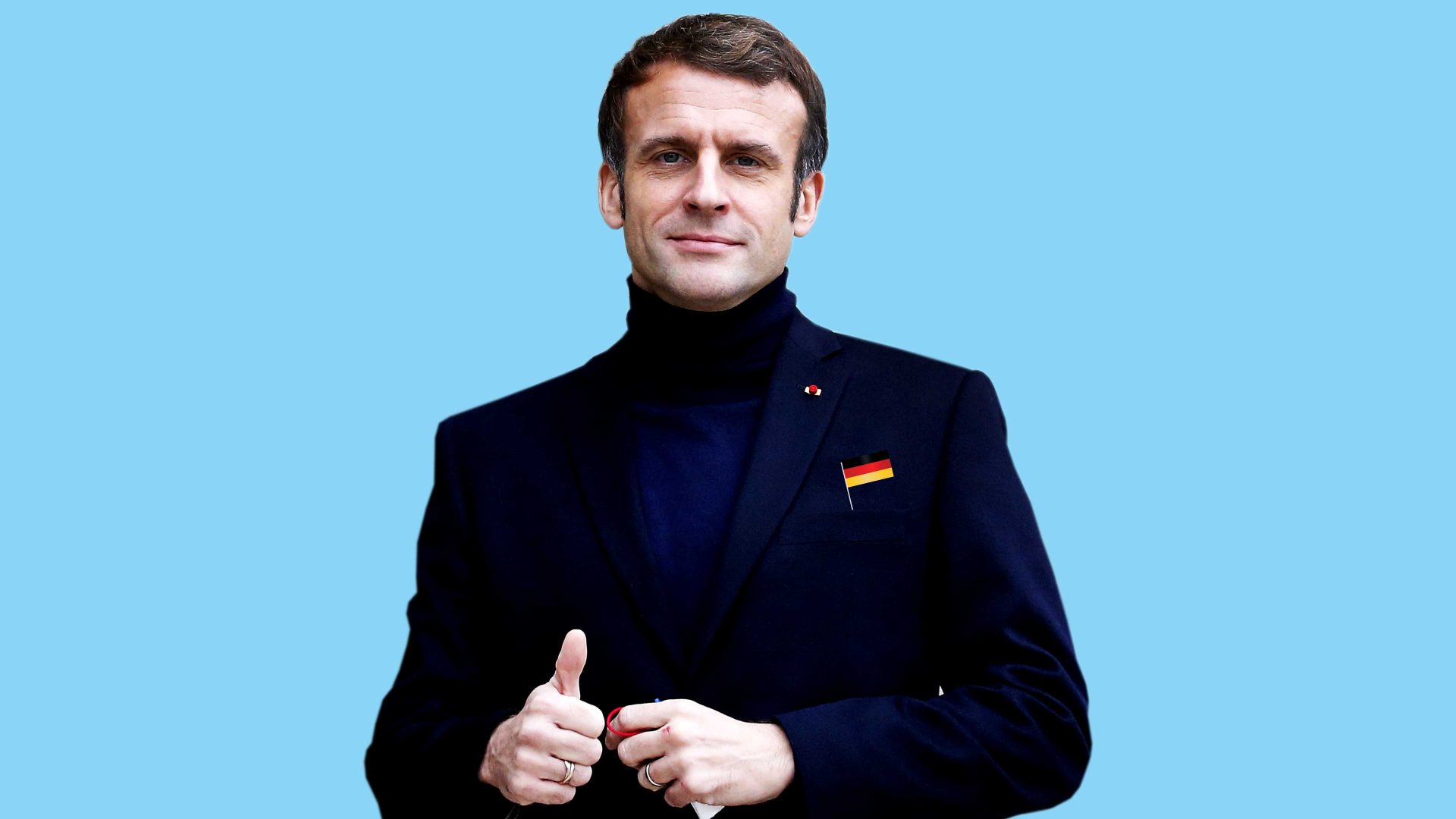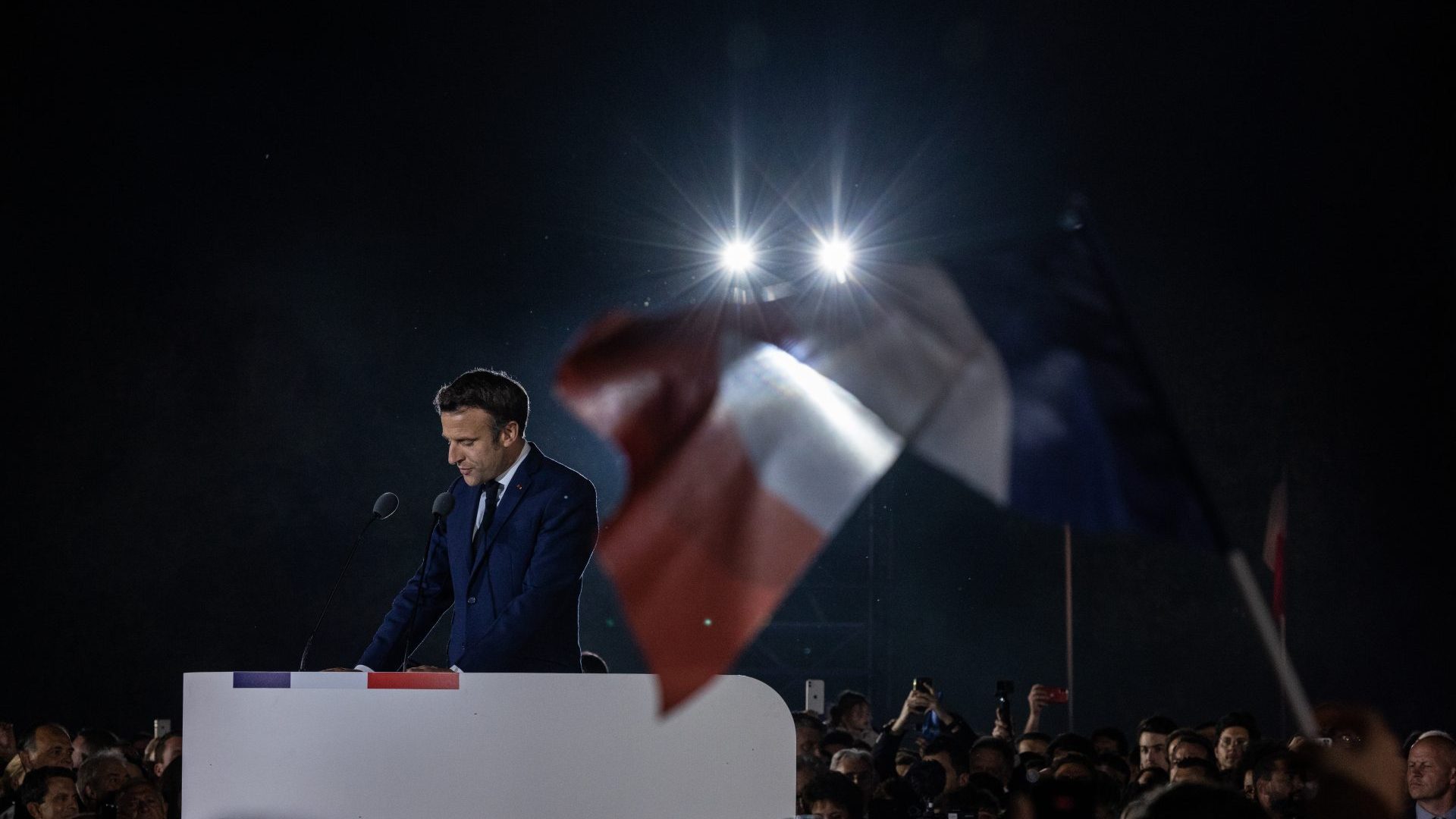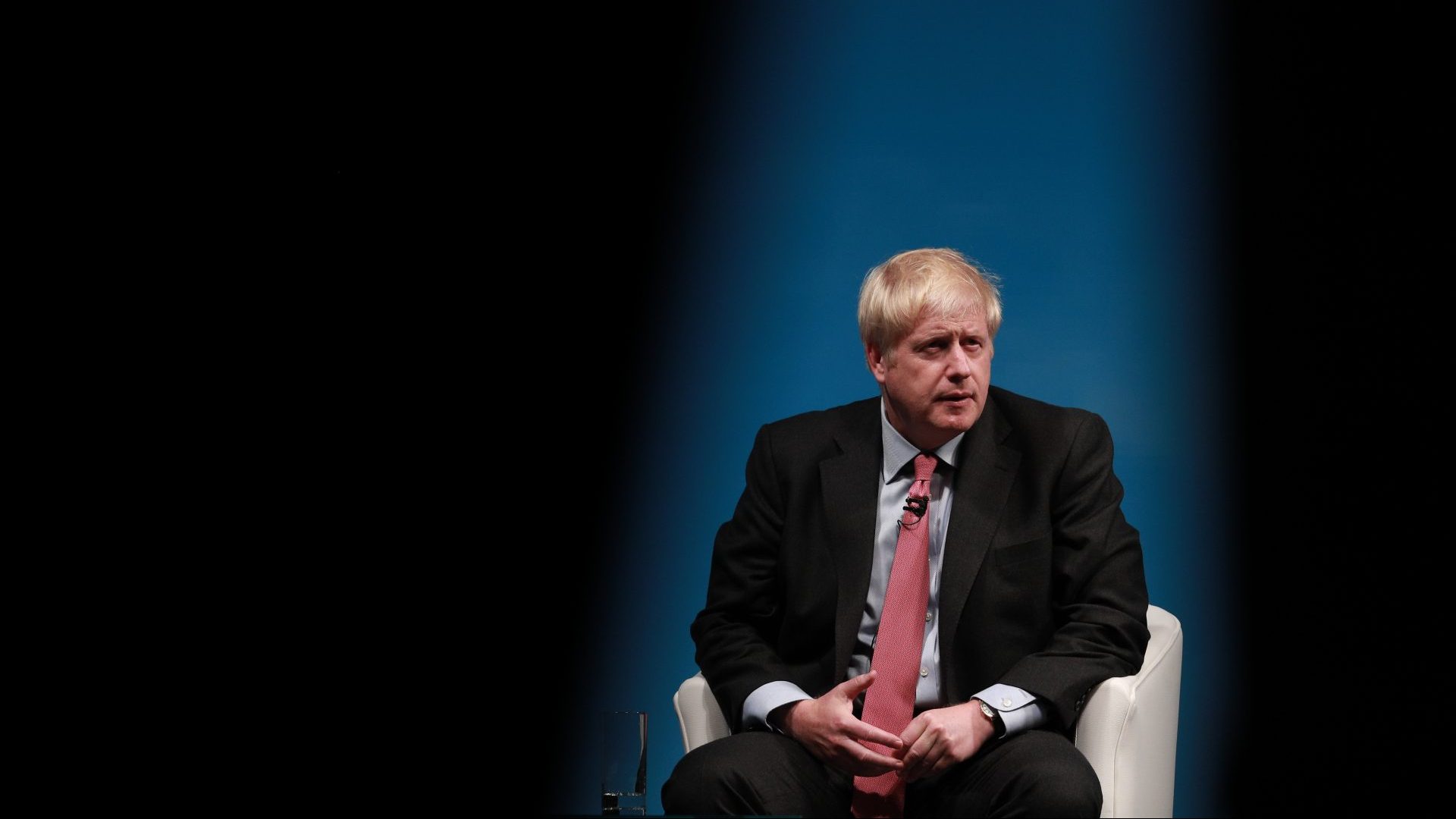The sigh of relief was audible from Berlin to Paris: Marine Le Putin has lost the French election, Emmanuel Macron won, France will remain Germany’s best buddy in Europe, vive l’amitié franco-allemande!
During the campaign, Russophile Le Pen had openly threatened to break apart this friendship. We’re used to it by now: a hint of Germanophobia has been a recurring theme in French elections, by far left and far right.
The populists will still find a way to blame Berlin for the economic situation of their own country. That is, as long as Germany remains economically strong. Which isn’t a given.
In the 2017 TV debate, Le Pen accused Macron of making France submissive to Merkel. This time, she blamed Germany’s dependence on Russian gas for the massive cost-of-living crisis in France.
In his final statement, Macron in turn made it clear that the election was a choice for or against the EU, for or against Franco-German relations.
In this, he’s closer to his people than Le Pen: empirical studies show that for decades, the bond between the former “Erbfeinde” (hereditary enemies) is strong, stable and even amicable.
When our neighbouring country is asked about their most important European partner, it’s France and Germany respectively who come first, by a massive margin. Even when the UK was still an EU member, it figured below 5% in a survey – on the same level as the Netherlands, Poland or Italy – while the French-German-couple ranked above 80%.
Given our history, this is of course a miracle. Or, in less emotive terms, proof that years and years of rapprochement did work: Adenauer and de Gaulle, the Elysée Treaty of 1963, reaffirmed by the Aachen Treaty of 2020, the Franco-German Youth Office, Kohl and Mitterrand holding hands, Merkel and Sarkozy… nein, no French-kissing jokes here – in other words: the Franco-German motor of European integration.
From a German perspective, the French election was – above all else – about the future of Europe. Here, it would be suicidal for any candidate not to be pro-EU (given the positive sentiment among the German people). But in France, it took courage for Macron to opt for a pro-EU campaign a second time.
Le Pen would have been an apoplectic shock for the European project, for sure. But that doesn’t automatically make Macron its saviour.
Because in Paris, Berlin and the many other EU capitals, we see quite different, even contrasting desires about Europe.
One thing is very clear: Macron is as much driven by French interests as German governments are by Berlin Interessenpolitik in Brussels.
And there are some issues where even the Franco-German friendship could end.
Pushing for a European defence union, for instance, is certainly in the interest of the French defence industry. It doesn’t resonate so well with Eastern Europeans, who would rather strengthen the transatlantic defence partnership after having fought so hard to join Nato (even Putin-friends in Germany now see why). Germany must always be aware that the much-lauded Franco-German axis should never neglect the interests of smaller EU partners (particularly those who still cringe at the word “axis” when coming from Germany).
Even more tricky: Macron has often stated he felt austere fiscal policy to be a thing of the past. It is true that since the Euro crisis, Germany has clung to austerity policies in rhetoric more than in practice. But more debt-based stimulus for the European economy – beyond coronavirus funds – is non-negotiable with the German government.
Since the UK left the EU, however (and I cannot recall Macron shedding tears), Berlin has had a harder time holding fast to budgetary principles.
Chancellor Olaf Scholz is the first head of a German government to have openly endorsed a French candidate. He knows well that Macron cannot run again for the next election. While Marine Le Pen probably will.
So the next massive threat to Europe is only postponed and the coming five years will be decisive: to support France in a way that means it can tackle the necessary economic reforms without alienating vast parts of the population. Without giving up too much of German fiscal discipline in Brussels – which would, in turn, alienate the Germans.
The only thing certain at the moment is that after five years in office, Macron seems more energetic than Scholz does after five months. But who would judge on appearances?




